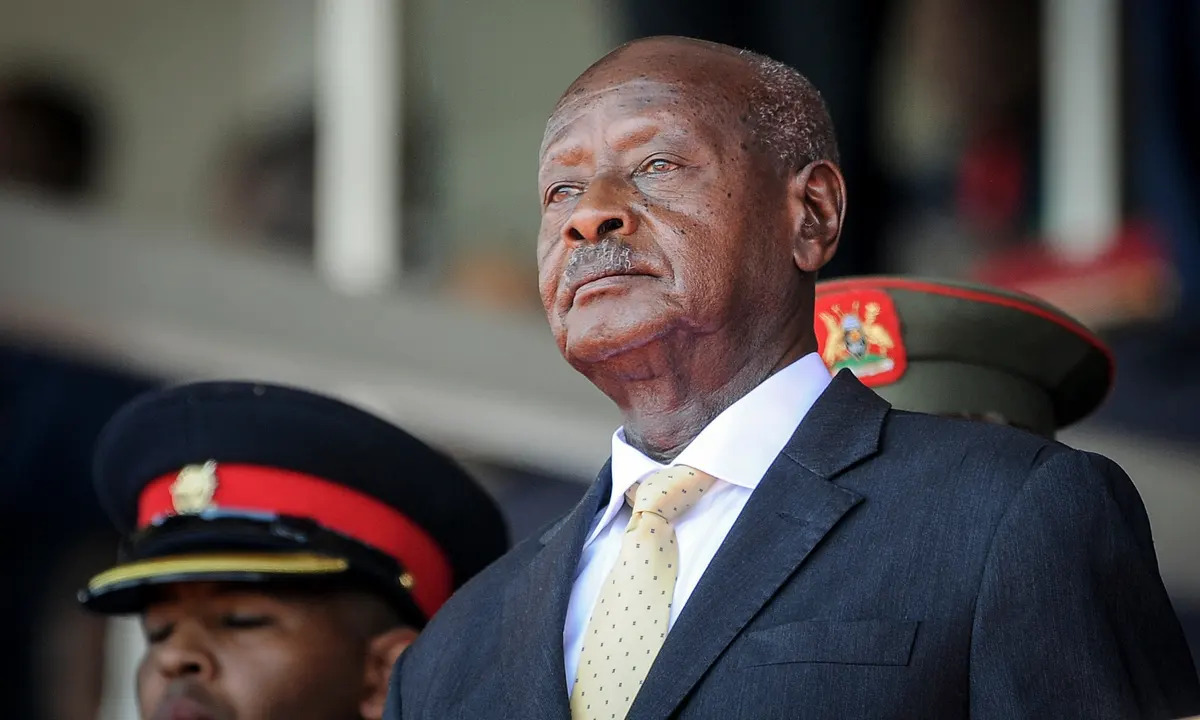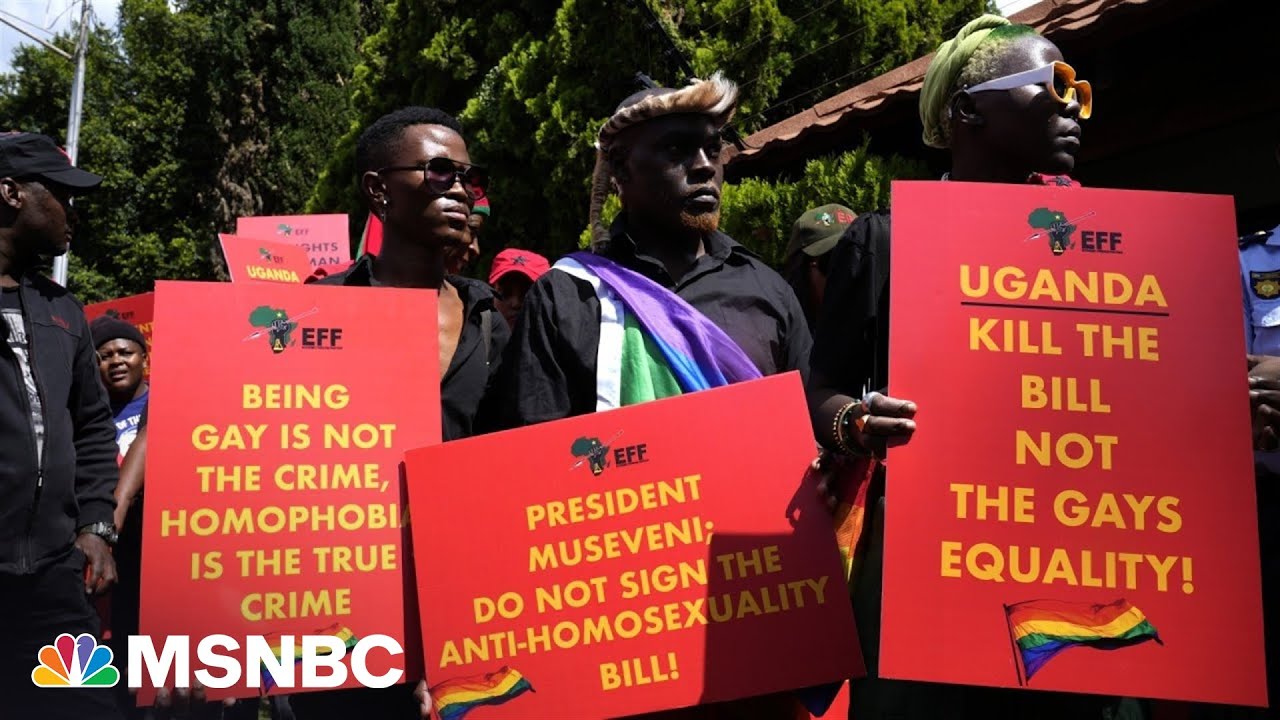Ugandan President Signs Controversial Anti LGBTQ Bill, Igniting Global Outcry
The Ugandan President signs controversial anti LGBTQ bill into law, defying international pressure, according to the speaker of parliament.
Author:Raven NoirReviewer:Morgan MaverickMay 30, 20239K Shares162.1K Views

TheUgandan President signs controversial anti LGBTQ billinto law, defying international pressure, according to the speaker of parliament.
The new bill includes the death penalty for "aggravated homosexuality," which encompasses various acts such as engaging in sexual activities with a minor, having sexwhile being HIV positive, and committing incest.
In addition to the severe penalties, the legislation criminalizes sex educationfor the LGBTQ community and mandates the reporting of alleged perpetrators of "aggravated homosexuality" to the police.
The bill also advocates for the use of widely discredited conversion therapy as a form of "rehabilitation" for individuals convicted of homosexuality.

Uganda’s president signs anti-LGBTQ bill into law
Harshest Anti LGBTQ Law Signed In Uganda Despite International Backlash
Uganda's President Yoweri Museveni had previously sent the bill back to parliament for revisions earlier this year, but the latest version passed earlier this month. The move has already drawn significant criticism from Western governments, including the United States, which had previously expressed concern over the law. Notably, a similar homophobic law was struck down by the courts in Uganda back in 2014.
The speaker of parliament, Anita Annet Among, celebrated the signing of the bill, stating that parliament had "answered the cries of our people." However, this draconian law has raised fears among activists and the LGBTQ community in Uganda.
Henry Mukiibi, an activist supporting LGBTQ Ugandans, expressed his deep concern.
“„I think this is so so horrible. We didn't expect this - we thought he would be advised against it. We are going to be tortured. I am just scared now about what is next. People have been waiting for the bill to be signed, and then they will work on us. We are going to die.- Henry Mukiibi
Civil society groups have already expressed their intent to challenge the law in court. Nicholas Opiyo, a prominent human rights lawyer, emphasized the discriminatory and repressive nature of the law, stating that it violates international human rights standards. Opiyo highlighted the preparedness of Ugandan civil society and the LGBTQI community to take the matter to court.
Uganda's development partners, including the United States, are also taking a stance against the law. US President Joe Biden condemned the legislation as a "tragic violation of universal human rights" and instructed the National Security Council to evaluate its implications on US engagement with Uganda.
President Biden warned of potential sanctions and restrictions of entry into the United States for individuals involved in serious human rights abuses or corruption.
British and European leaders have joined the condemnation of the law, with the European Union's top diplomat, Josep Borrell, describing it as "deplorable." The international community's response underscores the widespread outrage and concern over the discrimination and human rights violations embedded in Uganda's new legislation.
Conclusion
As the battle lines are drawn, civil society groups, LGBTQ activists, and international partners are gearing up for a legal challenge against the law, aiming to uphold the principles of equality, dignity, and human rights for all individuals, regardless of their sexual orientation or gender identity.

Raven Noir
Author
Raven Noir is a captivating and enigmatic news reporter who unravels mysteries with a relentless pursuit of truth. Possessing an insatiable curiosity and an astute mind, Raven delves into the depths of complex stories, unearthing secrets that lie beneath the surface. With a masterful grasp of deduction and observation, Raven stands as a beacon of fearless investigation.
In the realm of journalism, Raven is known for his enigmatic presence, drawing people in with an aura of intrigue. Driven by an unwavering passion for unveiling the truth, Raven Noir continues to shed light on the darkest corners of society. Through captivating storytelling and unwavering determination, he challenges conventions and uncovers enigmatic secrets that lie just beyond the surface.

Morgan Maverick
Reviewer
Morgan Maverick is an unorthodox news reporter driven by an insatiable hunger for the truth. Fearless and unconventional, he uncovers hidden narratives that lie beneath the surface, transforming each news piece into a masterpiece of gritty authenticity. With a dedication that goes beyond the boundaries of conventional journalism, Morgan fearlessly explores the fringes of society, giving voice to the marginalized and shedding light on the darkest corners.
His raw and unfiltered reporting style challenges established norms, capturing the essence of humanity in its rawest form. Morgan Maverick stands as a beacon of truth, fearlessly pushing boundaries and inspiring others to question, dig deeper, and recognize the transformative power of journalism.
Latest Articles
Popular Articles